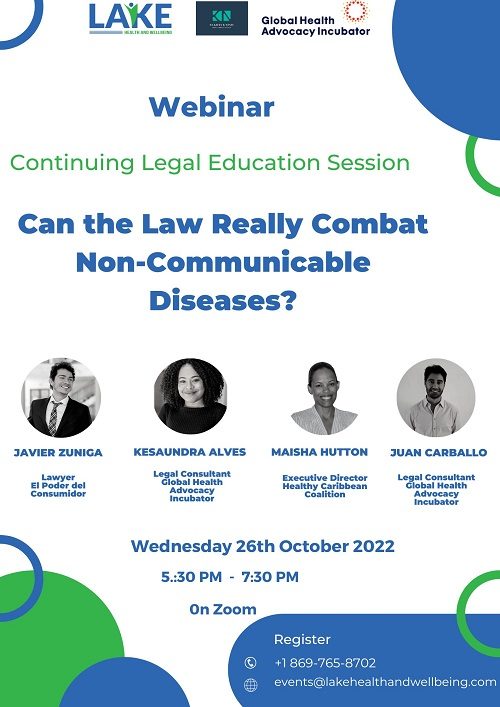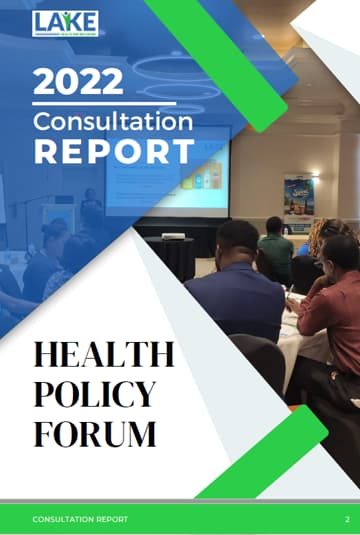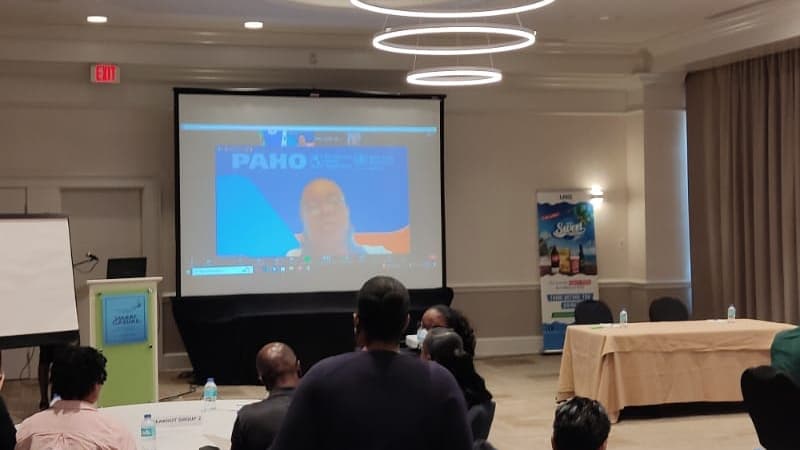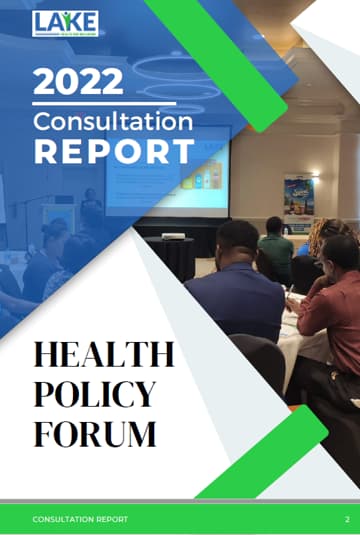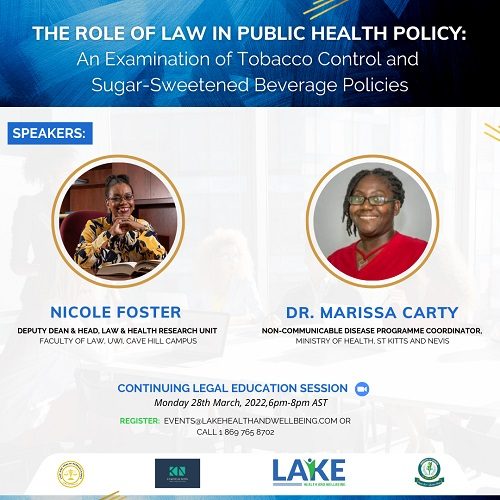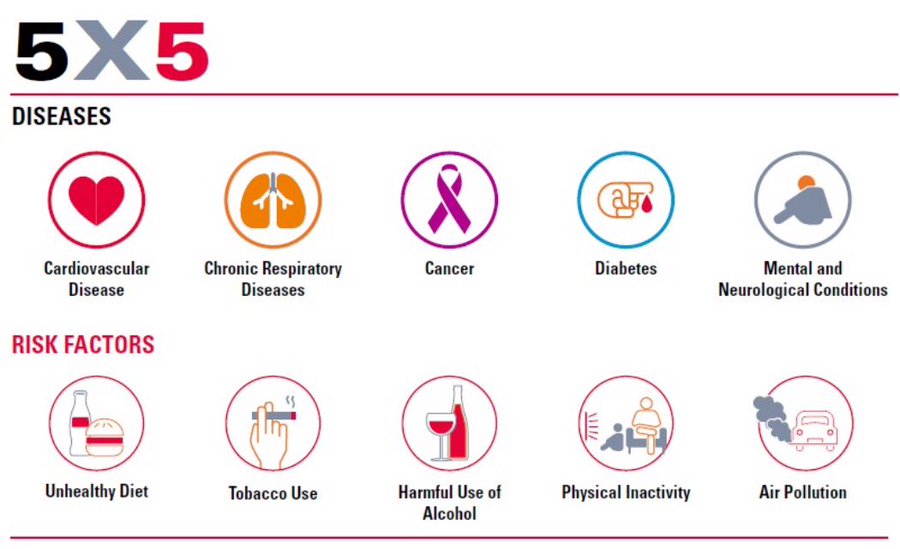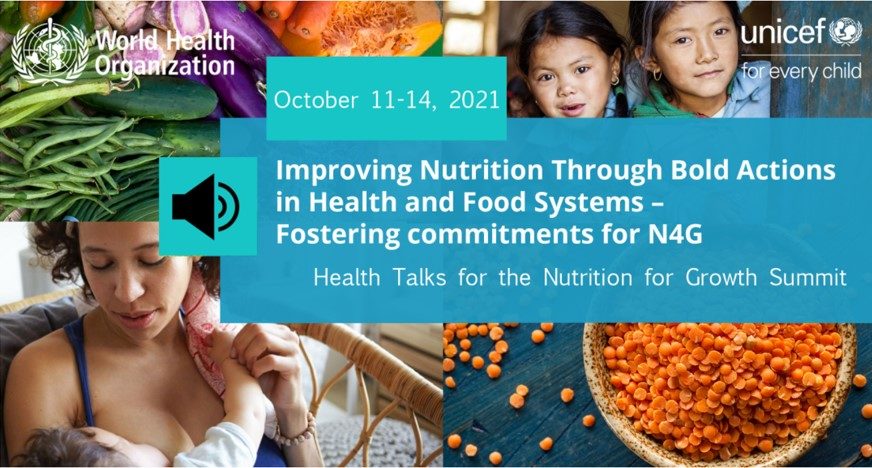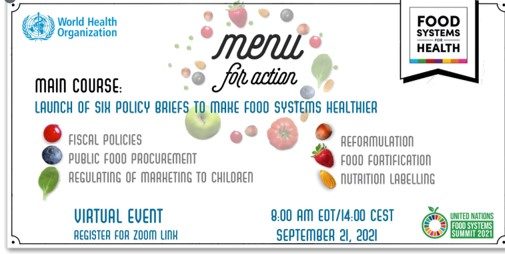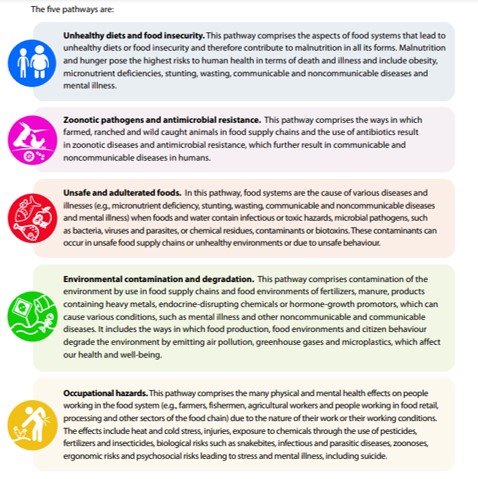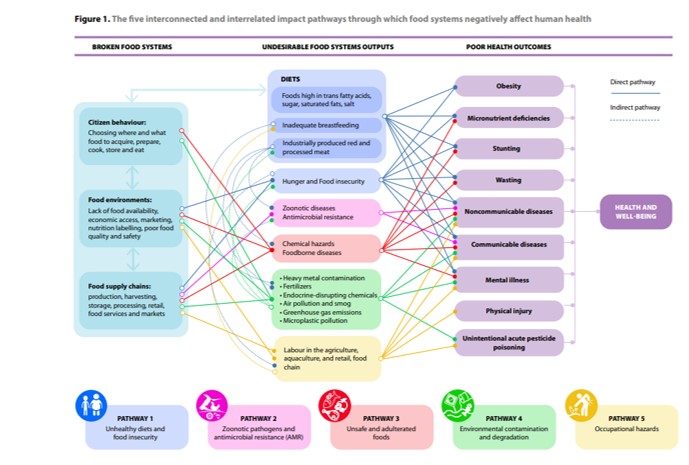Our Law and NCD Webinar
On Wednesday 26th October, we were delighted to host a webinar in collaboration with the St. Kitts and Nevis Bar Association to answer the question “Can the Law Really Tackle Non-Communicable Diseases?” This webinar aimed to educate those in the legal field on how the law can be used to reduce the public’s exposure to NCD risk factors and create a healthy food environment.
This event started with a presentation by Javier Zuniga, Lawyer, El Poder del Consumido on his experience as a Mexican lawyer working on the prevention and control of NCDs. Specifically, Mr Zuniga focused on regulations on front-of-package warning labels which aim to give the public a very quick and easy way to identify foods and beverages that are high in sugar, salt, saturated fat and trans fat and thereby enable the public to make more informed choices about their food purchases.
Following Mr Zuniga’s presentation, we transitioned to a panel discussion which featured:
- Javier Zuniga, Lawyer, El Poder del Consumido
- Kesaundra Alves, Legal Consultant, Global Health Advocacy Incubator
- Maisha Hutton, Executive Director, Healthy Caribbean Coalition
- Juan Carballo, Legal Consultant, Global Health Advocacy Incubator
During this panel discussion, we had an interesting and informative conversation on the work that is being conducted across the region to tackle NCDs through laws and regulations. We touched on sugar-sweetened beverage taxation, school nutrition policies, tobacco control, banning the sale and marketing of unhealthy foods in and around schools and front-of-package warning labels. We also explored the challenges that lawyers and public health advocates face in trying to encourage the introduction of laws and policies related to these areas; a significant challenge being the food and beverage industry’s interference in the policymaking process. Furthermore, we discussed ways to motivate Governments to take action on NCDs by adopting robust, evidence-based policies and laws, and how lawyers can get involved in the ongoing work across the region to prevent and control NCDs.
This was a very interesting and thought-provoking event and we would like to thank all our speakers and panellists for participating in this event and for so generously sharing their expertise and knowledge with attendees. We would also like to thank the St. Kitts and Nevis Bar Association for partnering with us to organise this event and we would like to thank all the attendees who joined the event. We appreciated all their comments and questions which made for a rich discussion and finally, we would like to thank our new Advocacy Consultation, Dentrecia Blanchette for her excellent moderation of this event.







